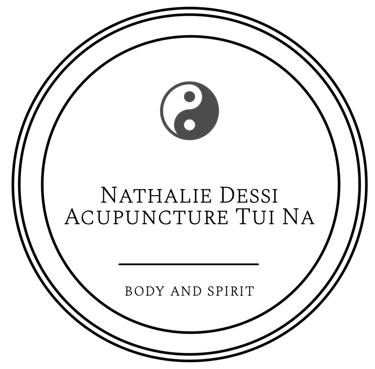Stress, mood disorders and insomnia
It is not stress the problem, it is our reaction to it


Stress/anxiety
A personal or professional situation can sometimes be the cause of anxiety disorders that become chronic over the long term. A person may find themselves suffering from anxiety attacks, phobias or spasmophilia, which can be disabling on a daily basis or even lead to burn out.
There have been several studies done about the effects of acupuncture on anxiety. These studies have focused mostly on generalized anxiety disorder and suggest that acupuncture is helpful in treating general anxiety.
One promising study from 2015, for example, found that acupuncture improved symptoms in people with anxiety that didn’t respond to other treatments, including psychotherapy and medication. Participants received ten 30-minute sessions of acupuncture over the course of 12 weeks. They experienced a significant reduction in their anxiety, even 10 weeks after treatment.
If you suffer from anxiety that has not responded to other treatment methods, or if you simply want to try something complementary, acupuncture is a good solution.
Depression and mood disorders
At certain times in their lives (accidents, stress, conflict, childbirth, bereavement, illness, menopause, etc.) some people may develop a tendency towards depression, apathy, rumination or, on the contrary, excessive aggression.
For people who do not wish to take medication or whose mood disorders do not respond to treatment, acupuncture may be an alternative option.
Individuals who wish to try acupuncture for mood disorders should speak to their doctor to see how to get the best results by combining acupuncture with standard treatments such as therapy and medication.
Insomnia
Insomnia is one of the most common sleep disorders, with a prevalence of 40% in adults. It is generally believed that 10%–15% of the adult population suffers from chronic insomnia, and an additional 25%–35% have transient or occasional insomnia.
The symptoms of insomnia may be difficult falling asleep, sleep latency more than 30 minutes, or sleep efficiency less than 85%, which usually happened more than 4 nights a week and occurred at least 3 weeks. Patients with insomnia may feel tired, tense, lazy, or have delayed reactions, distraction, or headache. The serious consequence of insomnia can be mental illness, and the worst mental illness is schizophrenia.
Insomnia can be treated with medications, herbal therapy, and psychologic or physical therapy. The commonly used medications include hypnotic sedative agents, such as zaleplon and benzodiazepines, but they may cause adverse effects such as damage of memory, drug resistance, dependency, and addiction. Nondrug therapy including acupuncture is commonly used by patients with insomnia.
The mechanism of acupuncture treatment may be regulating yin and yang to reinforce health and eliminate the pathogenic, thus improving sleep. In modern medicine, acupuncture can increase the content of γ-amino butyric acid, and then enhance sleep quality.
Seven medical databases, including MEDLINE, EMBASE, CENTRAL, CNKI, RISS, NDSL, and OASIS, were used to identify studies published through July 09, 2020. Twenty-four randomized controlled trials (RCTs) were included in this qualitative review comparing acupuncture to either pharmacotherapy or sham-acupuncture therapy.
These results suggest that insomnia patients may experience significant improvement in symptoms after more than three weeks of acupuncture treatment compared to pharmacological treatments.
After a detailed study of your case, I will provide you with a personalised treatment tailored to your type of insomnia.






